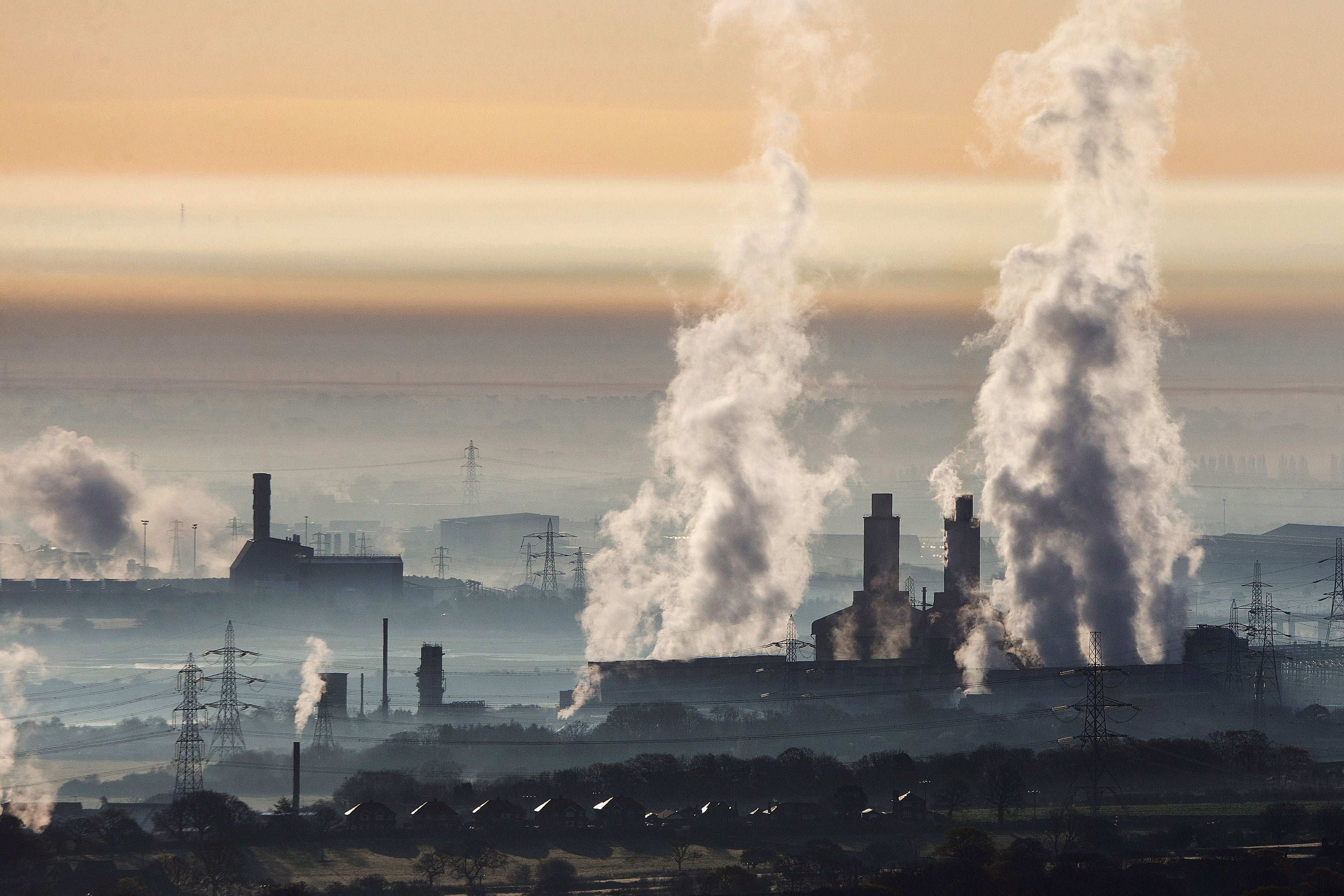Five things you need to know about coping with the energy crisis, according to Martin Lewis
‘I warned you the energy market was dire. Now, sadly, it’s got far worse,’ Mr Lewis wrote

Your support helps us to tell the story
From reproductive rights to climate change to Big Tech, The Independent is on the ground when the story is developing. Whether it's investigating the financials of Elon Musk's pro-Trump PAC or producing our latest documentary, 'The A Word', which shines a light on the American women fighting for reproductive rights, we know how important it is to parse out the facts from the messaging.
At such a critical moment in US history, we need reporters on the ground. Your donation allows us to keep sending journalists to speak to both sides of the story.
The Independent is trusted by Americans across the entire political spectrum. And unlike many other quality news outlets, we choose not to lock Americans out of our reporting and analysis with paywalls. We believe quality journalism should be available to everyone, paid for by those who can afford it.
Your support makes all the difference.Financial expert and founder of MoneySavingExpert.com, Martin Lewis, has issued some advice to help households deal with soaring energy prices.
“I warned you the energy market was dire. Now, sadly, it’s got far worse,” Mr Lewis told his readers.
At the start of the year, the UK had around 40 energy suppliers, already significantly less than a peak of 70 in 2019. This has now dropped to just over 30, with suggestions that more could fold as a result of the current crisis.
In total, nearly 1.5 million customers have been affected in just two weeks as more and more energy firms have been forced to close due to soaring gas prices.
In response, the UK government has said that it will offer loans to those who take on the customers of failed suppliers. However, there are no plans for rescue packages and the government has suggested that the energy price cap won’t be lifted.
“Wholesale gas prices are up fourfold in a year and electricity prices are hit too,” Mr Lewis wrote in this week’s MoneySavingExpert newsletter.
“The cheapest fixes are 60 per cent costlier than a year ago,” he added.
Although opportunities to save money on energy are currently limited, Mr Lewis has five things to know, which could help you to “mitigate” any damage caused by the UK’s current energy crisis.
1. On 1 October the energy price cap will jump, affecting 15 million people
The energy price cap is rising on 1 October with the average household expected to see their bills rise by 12 per cent to £1,277 a year (on typical use). This price is set by regulator Ofgem’s so-called price cap.
“If you’ve never switched, or have come off a fixed or special tariff, you’re likely on your energy provider’s default standard tariff,” warned Mr Lewis.
2. Another price rise is on the way
One price rise may seem more than enough, but with energy prices typically changing every October and April, another price cap jump is likely to be on the way.
Any further price rise will be announced in around February by Ofgem, coming into force on 1 April 2022.
“The price cap could jump again to a stomach-churning £1,450 a year based on typical use,” wrote Mr Lewis.
“As it’s sensible to look at energy bills over a year, the fact we’re nearly a third through the next assessment period (Aug - Jan), which determines the cap from Apr 2022, is crucial.”
3. Anyone coming off a fixed deal will pay more
With prices up to 60 per cent higher than they were this time last year, anyone coming off a fixed tariff will likely find themselves paying more than previously, whether or not they take on a new fixed deal.
Mr Lewis explained: “The idea of ‘saving’ compared to what you were paying has gone for now.”
He suggested two options for customers in this situation. Either wait it out or act fast and take the cheapest fixed deal you can currently find. The former option relies on wholesale prices dropping over the next few months, while the latter will protect you should prices rise any more.
“The last fix cheaper than the new price cap was pulled at lunchtime last Tuesday. So you will have to pay more than the cap to fix,” he explained. “Yet if the April cap rises sharply and wholesale prices continue to stay high, this could be welcome peace of mind, and a saving with hindsight.”
4. Should I extend my fixed tariff?
Mr Lewis suggested no.
“Prices have risen so much that the savings you’ll make by sticking with your old cheap tariff, while it lasts, will be huge,” he said.
“So even if prices still rise, I suspect the gain of holding on to very cheap tariffs now will likely outweigh that. It is more art than science though.”
5. Should I avoid small providers?
Several small providers have collapsed in the past fortnight with more expected to follow in the coming weeks. On top of this, the government has said that they won’t bail them out.
“The government has said it won’t bail them out, saying that it is normal to see some firms fall by the wayside,” said Mr Lewis.
He added: “Predicting which’ll go and when is tough, because as soon as a firm knows it’s insolvent it must declare it, so there’s little pre-warning.
“If your supplier does go bust, the Ofgem safety net means you won’t lose supply, you’ll be moved to a new firm, and your credit is protected. The risk is one of delay, hassle and losing any cheap tariff you’re on, instead being moved to the price cap.”


Join our commenting forum
Join thought-provoking conversations, follow other Independent readers and see their replies
Comments